When considering a home’s curb appeal, few elements carry as much influence as exterior siding. It defines the architectural language, sets the tone for the interior, and creates the first impression for anyone who walks up your path. Among the growing number of choices, plywood siding has emerged as a budget-conscious yet stylistically flexible contender — but how does it truly compare to more traditional materials?
In this article, we’ll take a closer, formal look at how plywood siding stacks up against common alternatives such as fiber cement, vinyl, and natural wood — not just in terms of cost, but also in longevity, aesthetics, and design impact.
🧱 Aesthetic Appeal: The Designer’s Lens
Plywood Siding
Often associated with mid-century modern or Scandinavian-inspired homes, plywood siding offers a clean, minimalist appeal. Large panels with vertical grooves can be painted or stained, creating a monolithic look that’s both contemporary and warm.
Pros:
Seamless visual appearance
Accepts a wide range of stains and paint colors
Works well in minimalist or rustic-modern designs
Cons:
May appear utilitarian or unfinished without proper detailing
Can warp or discolor if not perfectly sealed
Traditional Options:
Natural wood siding (like cedar shingles or clapboard) offers texture and timeless charm.
Fiber cement mimics wood but with more durability and crisper lines.
Vinyl often lacks depth but comes in countless colors and profiles.
Verdict:
If thoughtfully detailed, plywood siding can rival traditional choices — especially in modern architectural applications. However, it requires strong execution and coordination with other exterior elements (e.g., trim, lighting, and landscaping) to avoid appearing builder-basic.
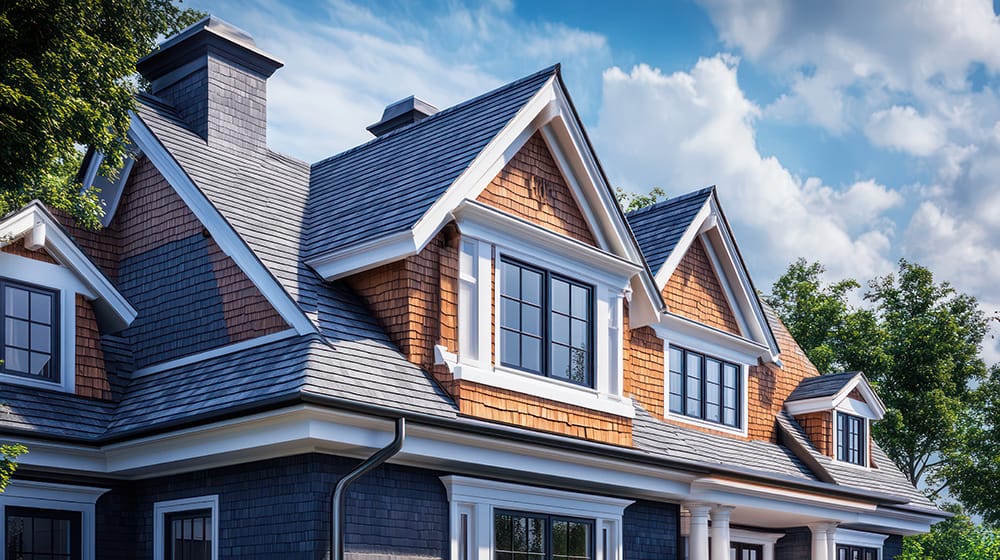
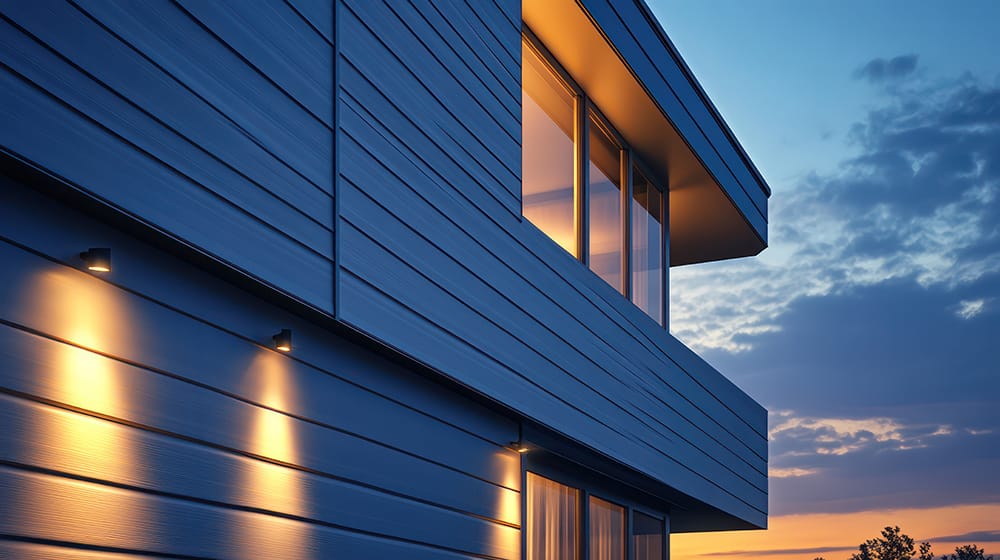
🔧 Durability & Maintenance
Plywood Siding
As a wood-based product, plywood is naturally vulnerable to moisture and pests unless treated and maintained correctly. It must be sealed thoroughly on all sides — including edges — and repainted or restained every few years in harsher climates.
Pros:
Affordable repairs
Readily available at most lumber yards
Easily refinished if damage occurs
Cons:
Susceptible to rot and warping
Shorter lifespan without meticulous care
Traditional Options:
Fiber cement is highly resistant to moisture, fire, and insects — often lasting 30–50 years.
Vinyl siding is low-maintenance but can crack in extreme temperatures and is difficult to repair invisibly.
Wood siding is naturally beautiful but needs the same frequent upkeep as plywood.
Verdict:
While plywood siding offers cost-effective installation, its long-term durability is dependent on strict maintenance. If longevity with minimal effort is the goal, fiber cement holds a distinct edge.
💰 Cost Comparison
| Material | Average Cost (Installed) | Lifespan (With Maintenance) |
|---|---|---|
| Plywood Siding | $4–$7 per sq. ft. | 15–25 years |
| Fiber Cement | $6–$11 per sq. ft. | 30–50 years |
| Vinyl Siding | $5–$8 per sq. ft. | 20–30 years |
| Natural Wood | $8–$12 per sq. ft. | 20–40 years |
Plywood siding is clearly the most budget-friendly upfront, making it a compelling choice for homeowners looking to prioritize short-term aesthetics or quick curb appeal enhancements.
However, this affordability must be balanced with the expected cost of upkeep over time.
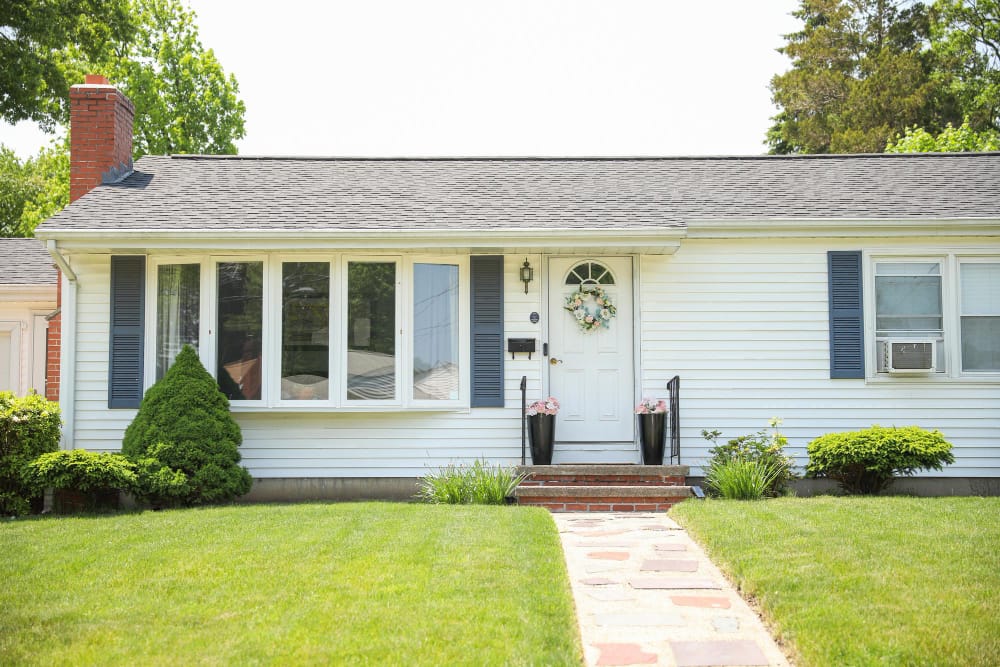
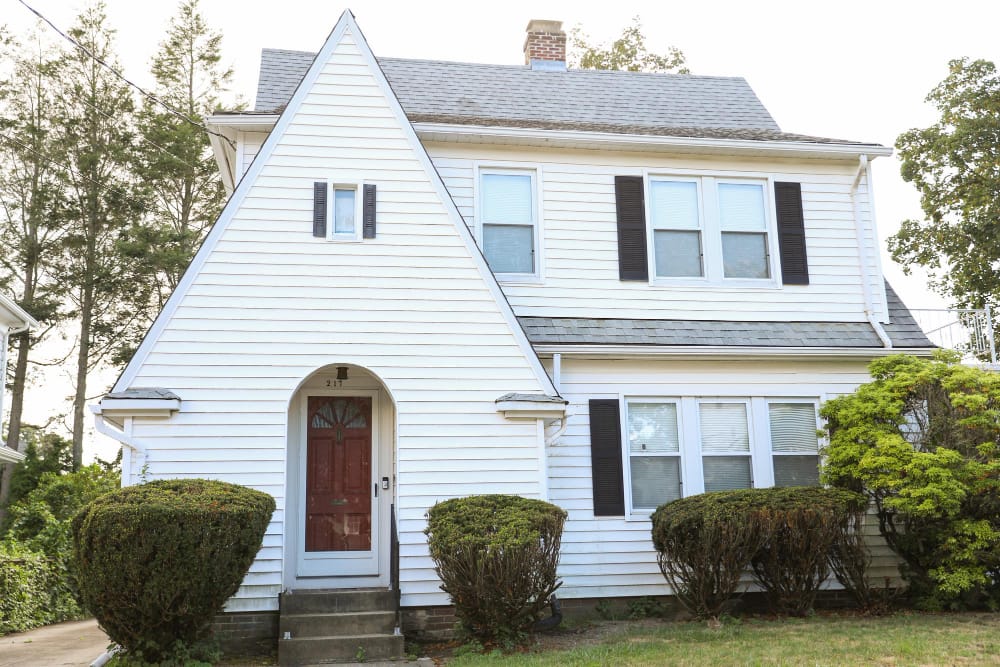
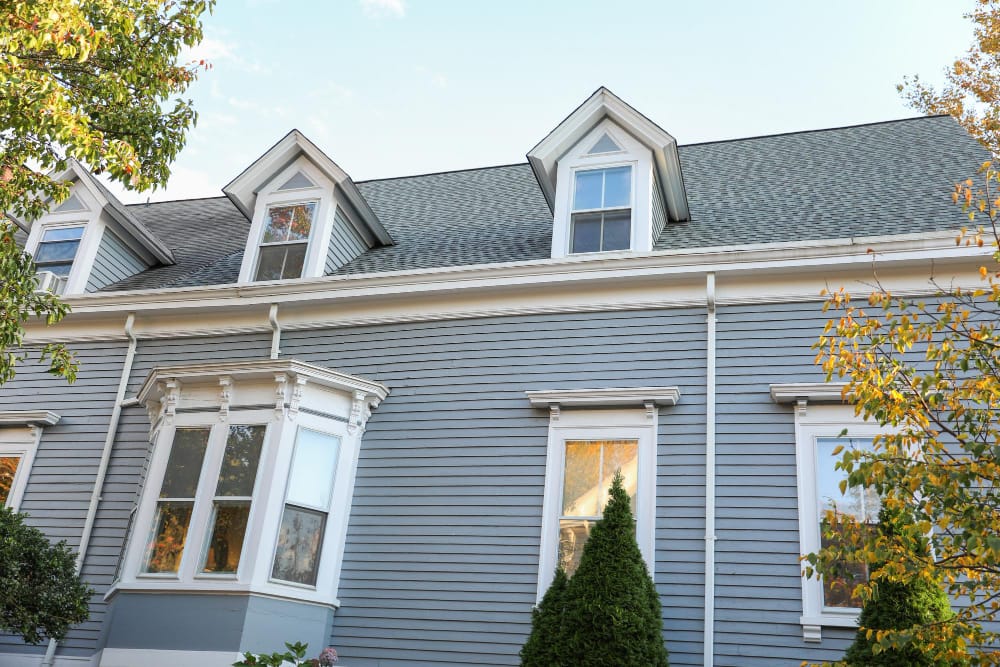
🛠️ Installation Considerations
Plywood Siding
Large panels mean quicker installation and fewer seams — ideal for remodels on a schedule. However, the precision required to seal properly and align panels cleanly can increase labor complexity if done to a high design standard.
Traditional Options:
Vinyl is lightweight and fast to install but less forgiving if improperly handled.
Fiber cement requires special tools and experienced installers.
Wood siding may take longer due to its individual plank or shingle format.
Verdict:
Plywood siding offers a speed advantage, particularly on flat-walled structures. For custom homes or high-end builds, however, traditional materials may offer more architectural flexibility and tolerance for detail.
🌿 Sustainability & Environmental Impact
Plywood, when sourced responsibly, can be a greener alternative — especially when compared to vinyl, which is made from petroleum-based plastics. Look for FSC-certified or low-VOC bonded plywood to increase environmental responsibility.
Fiber cement is highly durable but energy-intensive to manufacture. Wood is renewable, but clear-cut harvesting and chemical treatments can reduce sustainability unless sourced carefully.
Verdict:
Plywood siding can be a sustainable choice — with the caveat that quality sourcing and disposal are factored into the project.
Don’t wait!
Contact us today to schedule your consultation and see how Oakland Elite Siding can transform your home’s exterior into something truly stunning!
✅ Final Verdict: Is Plywood Siding Right for You?
Plywood siding is best suited for:
Homeowners with modern or minimal design goals
Projects with tight budgets and fast timelines
Those willing to maintain the siding diligently over time
Designers aiming for a custom look without the custom price tag
For homeowners prioritizing low maintenance, longevity, and classic detail, traditional materials like fiber cement or engineered wood may be the better fit.
Like any good design decision, it comes down to context, architecture, and lifestyle. But with thoughtful execution, plywood siding can absolutely elevate your exterior — and your design credibility.
📣 Considering Plywood Siding?
You don’t need a luxury budget to achieve a thoughtful, design-forward exterior. With proper planning and materials, plywood siding can bring warmth, simplicity, and style to any home.
